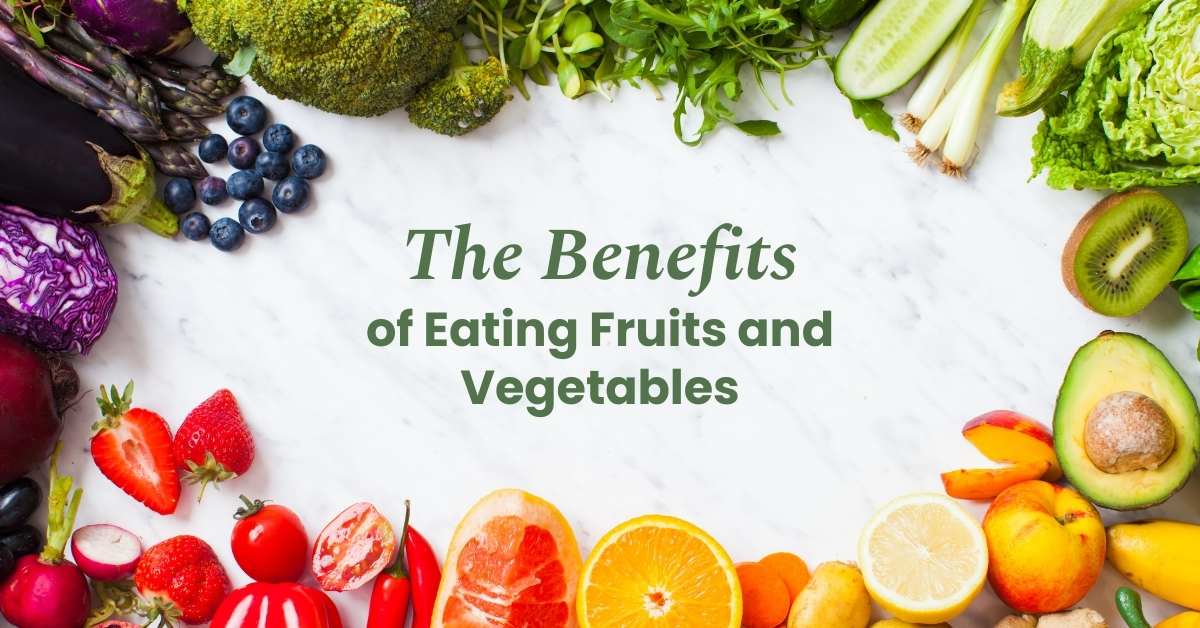Unless you’re already a vegetarian, fruits and veggies are not your preferred treats. As a matter of fact, more than 92% of children and adults in America don’t eat fruits and veggies as advised.
Every day, patients ask doctors what they should do to improve their general health. One effective and simple way is to include fruits and veggies in your diet.
It might be challenging to change your habits of eating overnight. However, there are several ways of adding fruits and veggies to ensure you get the following health benefits:
1. Get More Fiber
Most people don’t hit the recommended fiber intake mark. According to experts at Prism Health Labs, the recommended fiber intake for men is 38 grams per day and 25 grams per day for women. Eating high-fiber fruits and vegetables will help ensure you hit this mark.
Besides, every type of vegetable has fiber. So make sure you include varieties of vegetables in order to get your fill. These may include peas, sweet potatoes, and artichokes, to name a few.
2. Minimize the Risks of Getting Cancer
Antioxidants are basically an important part of eating healthily, and fruits and vegetables have these properties in spades. Experts say that antioxidants are chemicals, which help your body against damage that free radicals cause.
Fruits and veggies are antioxidant-rich foodstuffs containing compounds like polyphenols, often found in cherries and berries, and carotenoids in spinach, carrots, and tomatoes.
These antioxidants can also help reduce cancer risks by neutralizing dangerous free radicals before they cause harm.
3. Maintain a Very Healthy Blood Pressure
Including fruits and veggies in your diet will enable you to maintain very healthy blood pressure. Diets rich in vegetables and fruits can lower blood pressure substantially. A certain study shows that eating more vegetables and fruits shows improvement, especially when incorporated with blood pressure medications.
Mostly, blood pressure comes from foodstuffs rich in potassium. Some of the vegetables containing potassium include white potatoes, tomato products, lima beans, lentils, white beans, sweet potatoes, and kohlrabi. You can also eat healthy fruits, like jackfruit, sapote, honeydew, prunes, and bananas.
4. Improve Eye Health
Vitamins and minerals in veggies and fruits help a lot in promoting healthy eyes. Sweet potatoes, carrots, tomatoes, leafy vegetables, kiwi, red berries, and bell peppers are among the fruits and veggies containing properties which help with preventing eye illnesses.
A carotenoid, also referred to as lutein, found in most colorful veggies and fruits, may help to prevent or improve age-related macular degeneration, which is the major cause of blindness.
5. Boost Brain Health
Whether you want to ward off dementia or achieve emotional health, colorful fruits and vegetables will be helpful. According to health experts, eating six or more servings of fruits and vegetables daily helps improve mental health. Some of the fruits and veggies that can help you achieve that include bananas, citrus fruits, apples, lettuce, spinach, cucumbers, and tomatoes.
Conclusion!
Enjoying vegetables and fruits is a perfect way to improve your general health as well as enjoy what you include in your diet. Although it requires some creativity, an open mind, and effort to try different things, including fruits and vegetables in your diet will be worth it.


